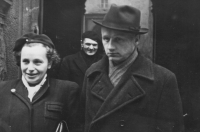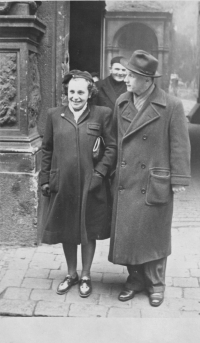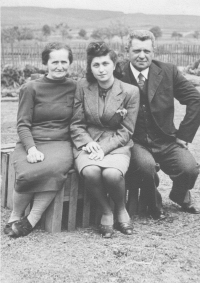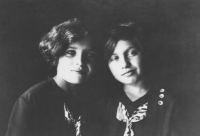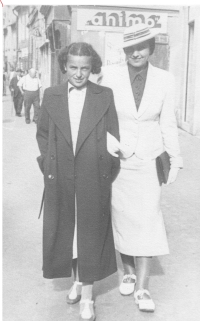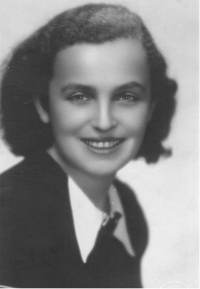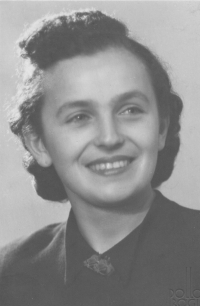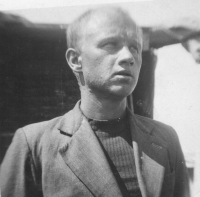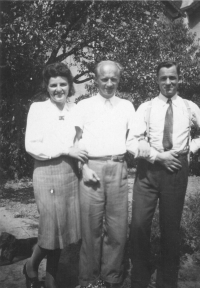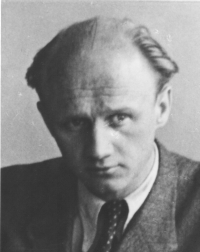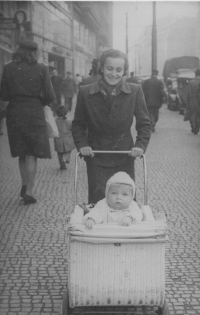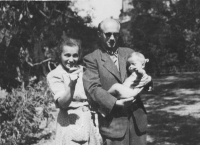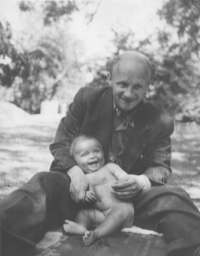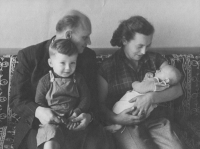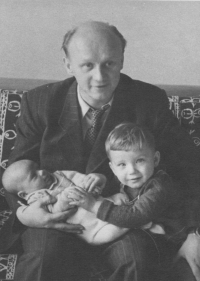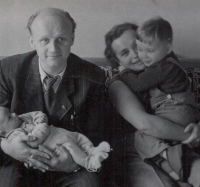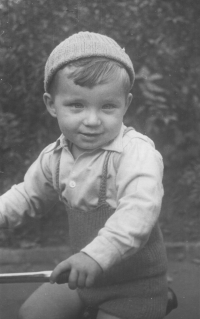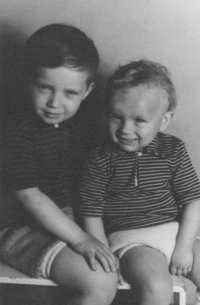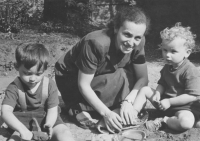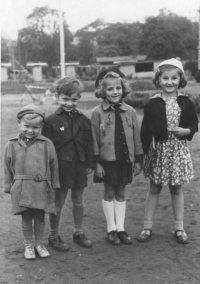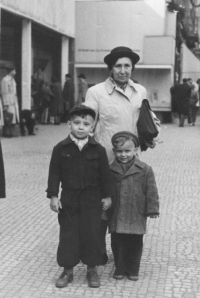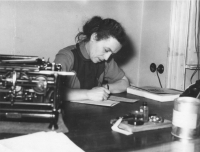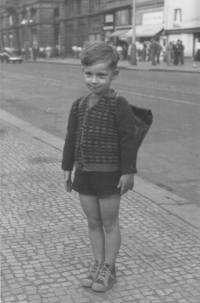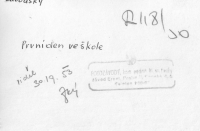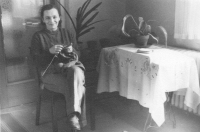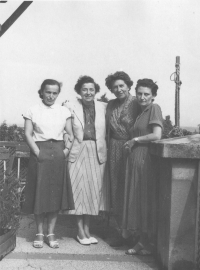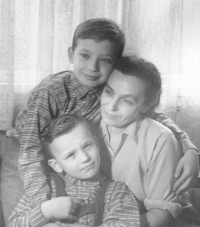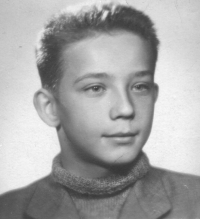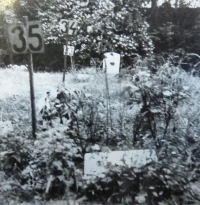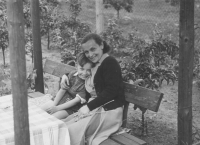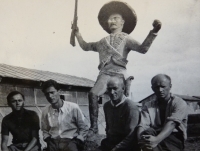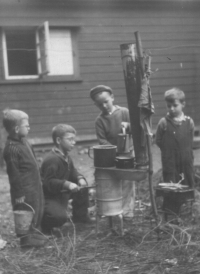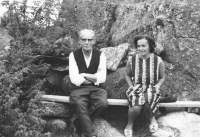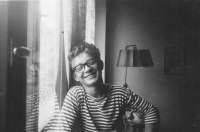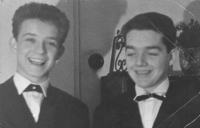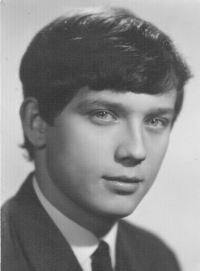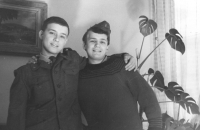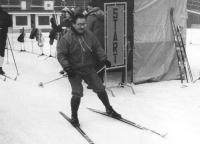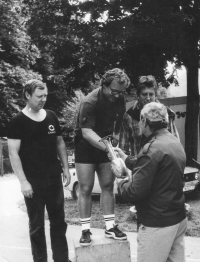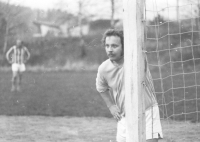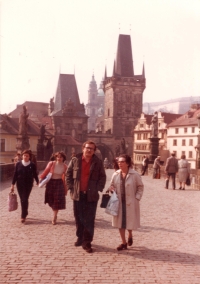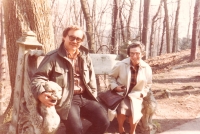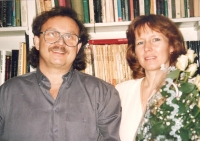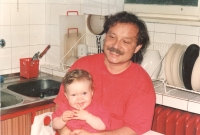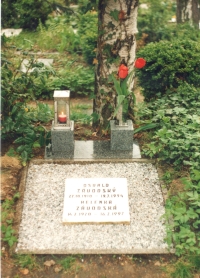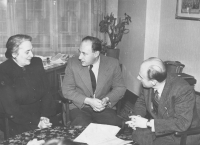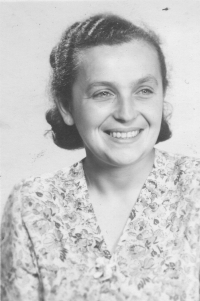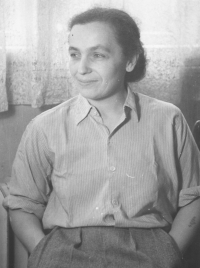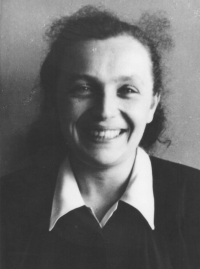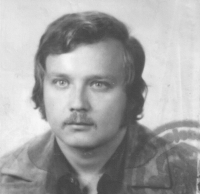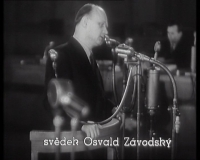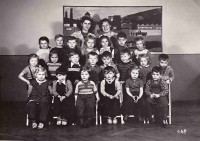I was a happy child, and I have my mom to thank for it
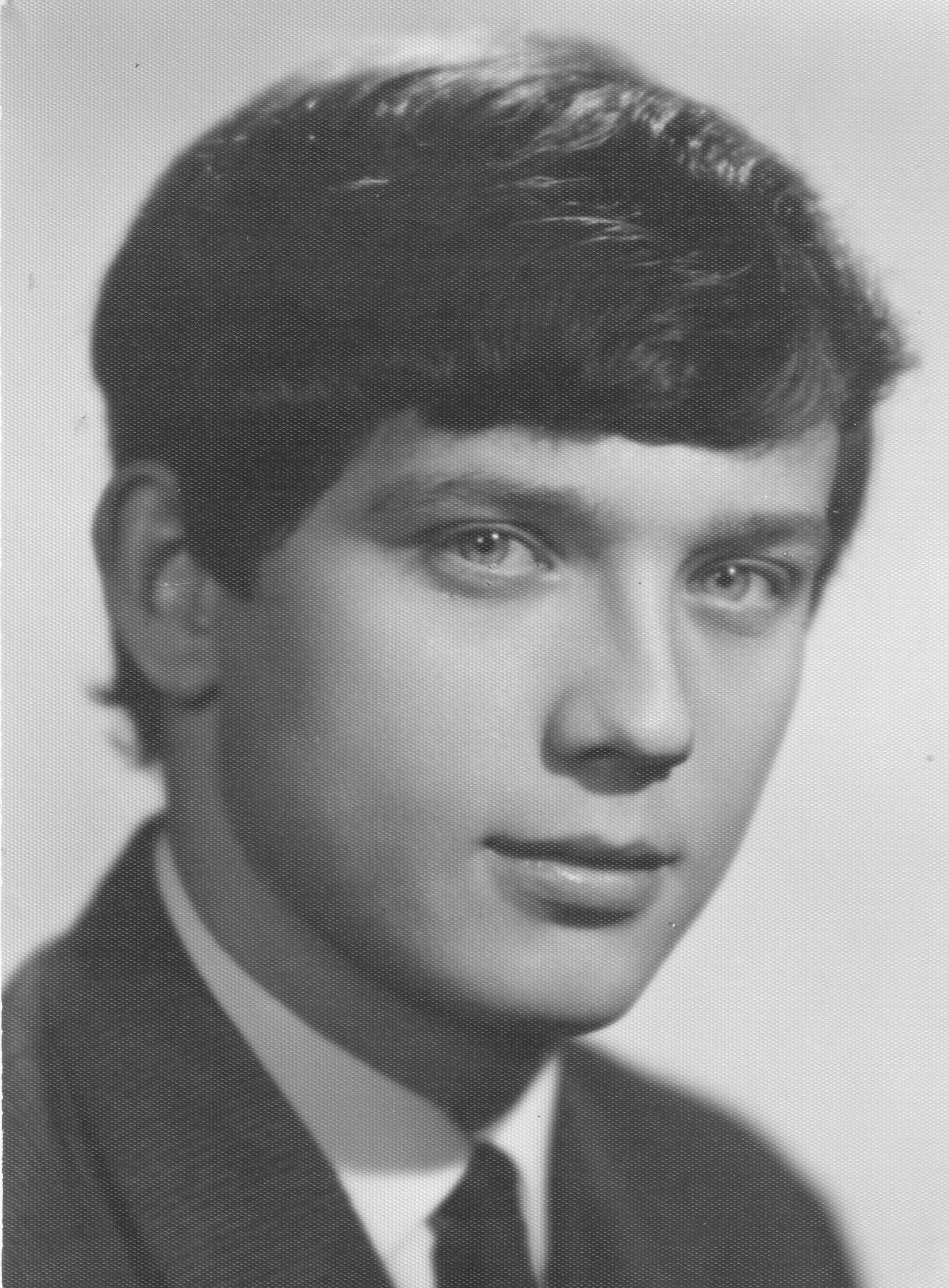
Download image
Petr Závodský was born on the 23rd of January 1947 in Prague. His father Osvald Závodský came from the Ostrava region and humble roots, from a family with seven children. As an adolescent he entered the Czechoslovak Komsomol and went to fight in Spain as a member of the international brigades. Petr’s mother Helena, née Pfefferová, came from a poor Jewish family from southern Bohemia. At the beginning of the war she entered the (then illegal) communist party, and she wrote and distributed pamphlets. She was arrested for taking part in the resistance movement and went through several concentration camps and survived as the only one in her family. After the war both of Petr’s parents worked in various party functions; his father Osvald Závodský achieved the function of director of Státní bezpečnosti (StB, the secret police). In the year 1953 he was convicted in a constructed political process and a year after the death of Stalin and Gottwald on the 19th of March 1954 was executed. Petr’s mother with her two sons was evicted from her apartment, couldn’t find work, was avoided by people, and only had a few trustworthy friends left - fellow female prisoners. In the year 1963 Osvald Závodský was rehabilitated. Petr’s mother Helena went through several jobs, mostly in administration, and the family was finally able to get an apartment. Petr was allowed to study the SPŠ electrotechnical school and graduated. As the political situation was freer, her younger son could study at university without any issues. Petr Závodský worked in several jobs related to electricity and circuitry (ČKD, Čs. rozhlas, ŽSP). He and his mother involved themselves in helping the chartists, transcribing samizdat books and generally being helpful, despite not signing the Charter 77 themselves. His mother remained a member of the communist party despite her traumatic life experiences. She died after a long period of illness in 1997. Petr Závodský is long-term and successfully involved in searching for documents pertaining to the process with his father.
